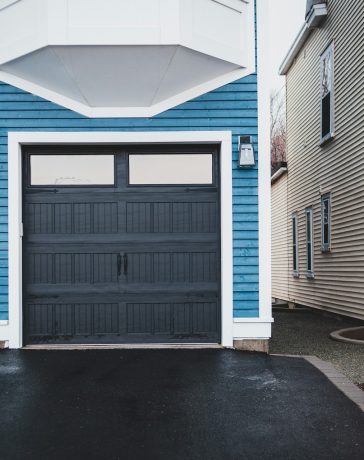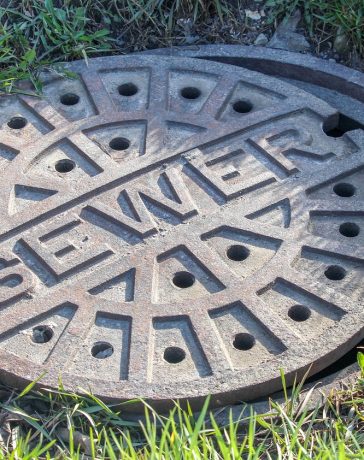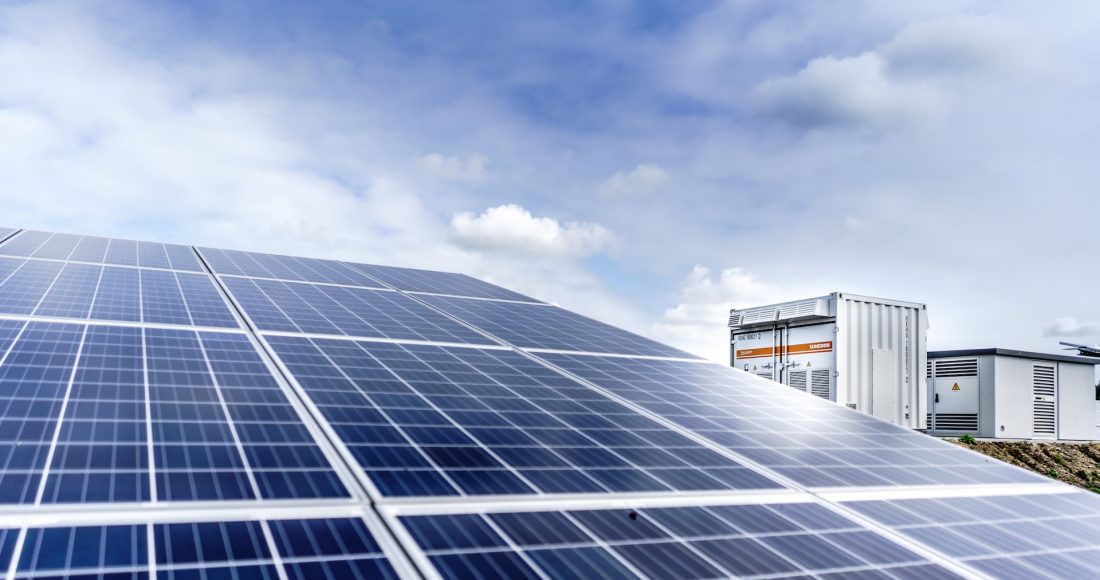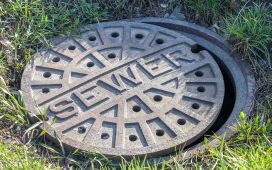The first way a solar installation can save money is by reducing your electric bill. Your household consumes energy while your solar panels produce it, reducing your need for electricity from the grid.
Increased home value
A solar energy system can increase your home value by a considerable amount. It can add as much as $15,000 to your property.
It is a substantial sum of money that may significantly impact when it comes time to sell your house. Besides, you can save money with solar energy on your monthly utility bills. It also allows you to stand out among the other homes on the market.
Research shows that homes with solar power systems sold for 4.1% more than comparable homes. It is because buyers have been pushed to buy more energy-efficient homes as a way to reduce their impact on the environment.
However, a solar panel system’s resale value can diminish over time as it becomes less efficient. It’s not uncommon for solar power systems to begin producing less energy after 20 years or so.
If you’re looking to buy a home with solar panels, it’s essential to understand how long your system will last—after that, purchasing a newer, more efficient system is best to maximize your resale value.
Solar panel installations have a limited useful life, as with home improvement. In addition, they’ll likely produce less energy as they age, so many homeowners choose to lease their solar panels instead of buying them outright.
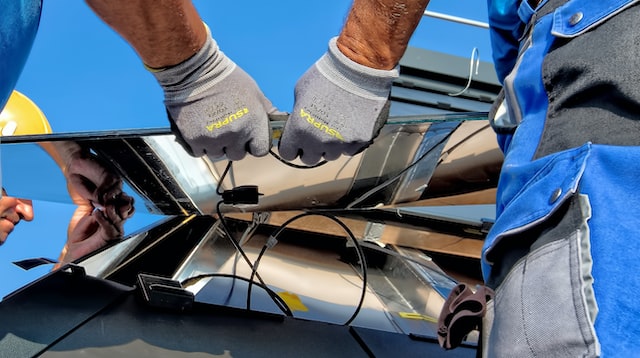
Tax credits
The Solar Investment Tax Credit (ITC) and Residential Clean Energy Credit offer homeowners and businesses an excellent incentive for installing solar. These federal programs are a significant contributor to the rise of solar energy in the United States and have helped drive down consumer prices over the years.
The ITC allows homeowners and businesses to claim 30% of their solar system costs on their federal income taxes. It is a massive win for the industry and consumers, especially with rising utility electricity prices.
While this is an essential incentive for homeowners to go solar, more is needed to offset the cost of a new system.
Another benefit of claiming the ITC is that it’s applied against your federal tax liability rather than your state income tax. So if you owe less in federal taxes than you did for your system, the ITC will eliminate your tax payment for that year, and you can “roll over” any remaining credits to the following year.
If you’re thinking of going solar, now is the time to install your system to take advantage of these valuable incentives. The sooner you go solar, the quicker you can start saving money on your energy bills.
Less need for electricity from the grid
Solar energy offers a sustainable, clean alternative to conventional power sources. It produces no pollution and has low carbon dioxide emissions when compared to burning fossil fuels.
It is the perfect solution for remote areas that need access to electricity grids. It can provide clean, reliable power cheaper than diesel generators and helps improve lives in rural communities.
The energy produced by a solar system is stored in batteries, thermal storage, or other options. As a result, it’s possible to export excess electricity to the grid, saving money on your utility bill.
However, it is essential to note that solar systems only partially replace traditional grid power. Therefore, you will still need to utilize the grid if your home runs out of energy or the sun does not shine.
You can also save on energy bills by replacing CFL and fluorescent lights with LEDs. It can save you an average of $500 yearly or more on your monthly electric bill.
Furthermore, you can reduce your carbon footprint by not buying as much gas for home heating and cooling. Fossil fuels release 21.3 billion metric tons of carbon dioxide into the air yearly, while solar panels produce no pollution.
In addition, solar energy systems don’t require water to generate electricity. It means that they work in droughts and heat waves.
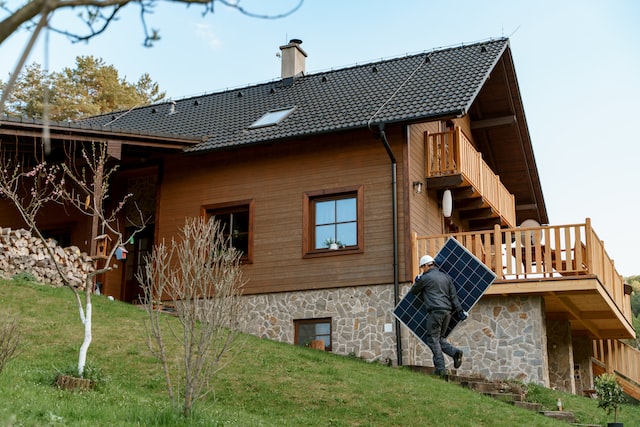
Reduced utility bills
Solar energy is clean and renewable, requires no fuel, and various options are available to help offset your bills. For example, net metering allows you to send excess energy produced by your solar panels back to the grid for credits on your electric bill.
The amount of money you can save with solar depends on the size of your home, how much heat and electricity you use, and where you live. In some cities, you can even reduce your electric bill by up to 50%.
You may also be eligible for a time-of-use plan, which offers lower rates when you align your energy usage with peak and off-peak hours when the demand is most lacking. In addition, other businesses will give you credit for the excess energy you generate during the day but do not consume it at night.
A solar energy system can be installed in a few days, and you can begin saving money on your utility bill within weeks. Several options can help you achieve this goal, including solar panel grants, which will allow you to cover the costs of your system and start saving immediately.
As you can see, there are several reasons why solar energy is a wise investment for everyone. First, it is a clean, renewable energy source that can save money and improve your quality of life.



















